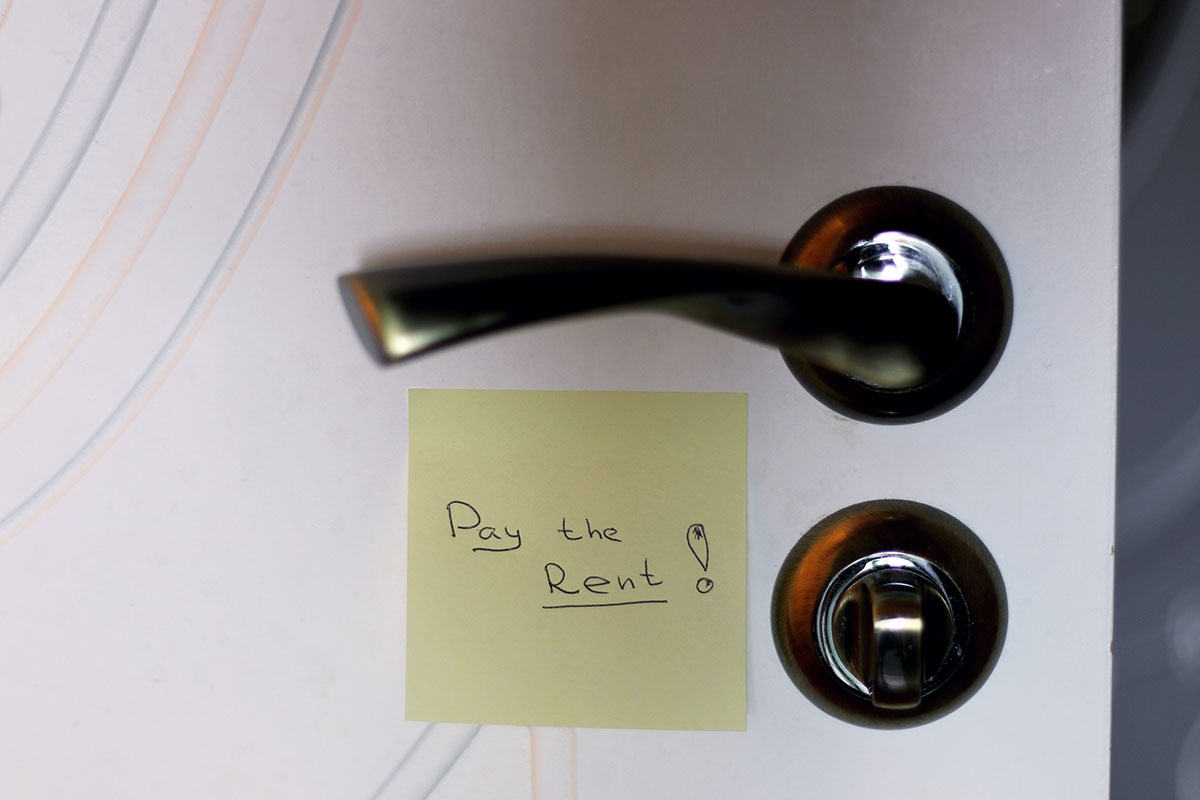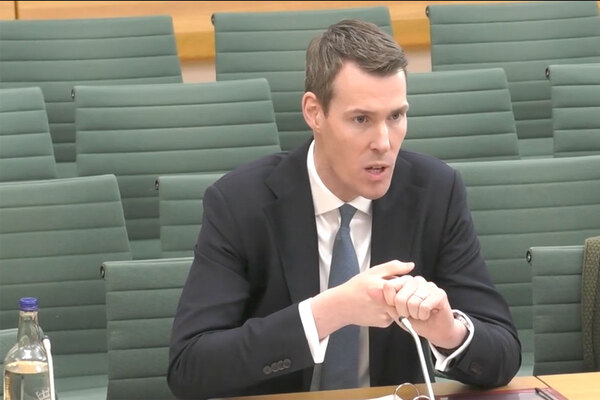
Why landlords should think carefully before hiking rents
Housing associations must be wary of increasing rents and ensure that properties remain affordable to tenants, says Michael Cameron
Many tenants are finding it harder to afford their rent.
That’s the clear message from our national panel of tenants and service users.
Last month we reported that more than a third of panel members have experienced difficulties in affording their rent.
More than two-thirds are concerned about the future affordability of their rent. They’re worried about rent increases by landlords and future changes to income, particularly through changes in benefits.
Many of the panel members told us they have experienced difficulties with their wider household finances. Nearly a third felt they are not managing their finances well and more than half are worried about their future financial circumstances.
This might not be a surprise to landlords and those working with tenants. But it is important we hear what tenants are telling us, not least because these findings come at a time when most social landlords in Scotland have increased the rent they charge tenants by levels above inflation.
Every year we analyse landlords’ data from their annual returns on the social housing charter. That analysis shows that the average rent increase in 2018/19 was 3.7%, up on the previous year’s level of 2.4%, and the highest level since current monitoring began in 2013.
Four-fifths of landlords increased rent in 2018/19 at a rate above the Consumer Price Index measure of inflation.
More than four-fifths of all landlords plan rent rises above inflation in the coming year. The average planned rent increase for 2019 is 3%. Only four landlords plan to keep rents at the same level and none plan to cut rents.
We also see that rent arrears are edging upwards.
Last year, total arrears across all landlords increased to 5.7% of the rent due.
The increase in arrears last year was the largest in the past five years, and the rate of increase is accelerating.
This means that more tenants are getting into debt or those in arrears are getting further into debt, or perhaps both of these are happening.
Of course, what is an affordable rent is a complex matter. Local context and markets, the interaction with benefits and tax credits, and trade-offs with fuel costs all add to that complexity.
And not all landlords are starting from the same position on rent levels, so some may be able to increase rents at a higher level and keep them affordable. But the simple arithmetic is that, no matter the starting point, rents that increase above inflation are likely to become less affordable.
Landlords must demonstrate that their rents will remain affordable and that they are having effective dialogue with their tenants on rent increases.
The level of rent increase will feature prominently in our assessment of the risk each landlord presents. So, landlords should be asking themselves whether they are doing everything possible to be efficient and drive costs from their business before passing costs on to tenants.
“Landlords must demonstrate that their rents will remain affordable and that they are having effective dialogue with their tenants on rent increases”
The drivers of rent increases can be many and complex. And the current political and economic reality is increasing volatility and uncertainty.
Market pressures are intensifying and adding to more familiar pressures, such as pension affordability and reduction in local authority funding for care and support.
All of this comes at a time when there are increasing expectations on landlords from customers and government.
We’ve heard from some landlords that they are building surpluses as a buffer against some of the risks that may materialise in the near future.
While this may be prudent, it is important that landlords balance such risk mitigation measures with the impact of rent increases for tenants.
Some of the pressures to increase rents will be beyond the control of landlords. That only makes it all the more important for landlords to vigorously pursue cost efficiency and value for money.
Their tenants deserve nothing less.
Michael Cameron, chief executive, Scottish Housing Regulator











